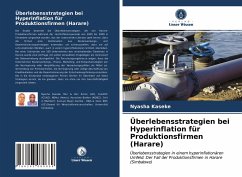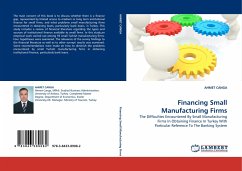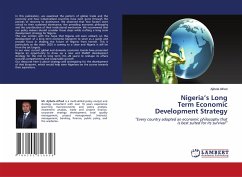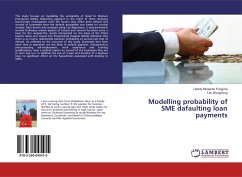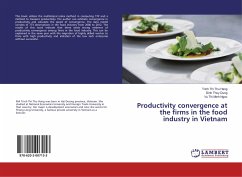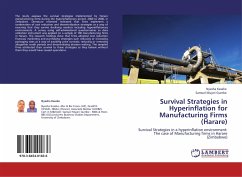
Survival Strategies in Hyperinflation for Manufacturing Firms (Harare)
Survival Strategies in a hyperinflation environment: The case of Manufacturing firms in Harare (Zimbabwe)
Versandkostenfrei!
Versandfertig in 6-10 Tagen
32,99 €
inkl. MwSt.

PAYBACK Punkte
16 °P sammeln!
The study assesses the survival strategies implemented by Harare manufacturing firms during the hyperinflationary period, 2000 to 2008, in Zimbabwe. Literature reviewed indicated that firms implement a combination of cost reduction and decentralization strategies as a way of ensuring that they survive declining markets including hyperinflationary environments. A survey using self-administered questionnaires as data collection instrument was applied on a sample of 100 manufacturing firms in Harare. The research findings show that firms adopted cost reduction financial, marketing and purchasing ...
The study assesses the survival strategies implemented by Harare manufacturing firms during the hyperinflationary period, 2000 to 2008, in Zimbabwe. Literature reviewed indicated that firms implement a combination of cost reduction and decentralization strategies as a way of ensuring that they survive declining markets including hyperinflationary environments. A survey using self-administered questionnaires as data collection instrument was applied on a sample of 100 manufacturing firms in Harare. The research findings show that firms adopted cost reduction financial, marketing and purchasing strategies such reducing or increasing packaging sizes as a way of avoiding price controls; reducing or removing altogether credit periods and decentralizing decision making. The sampled firms attributed their survival to these strategies as they believe without them they would have ceased operations.




